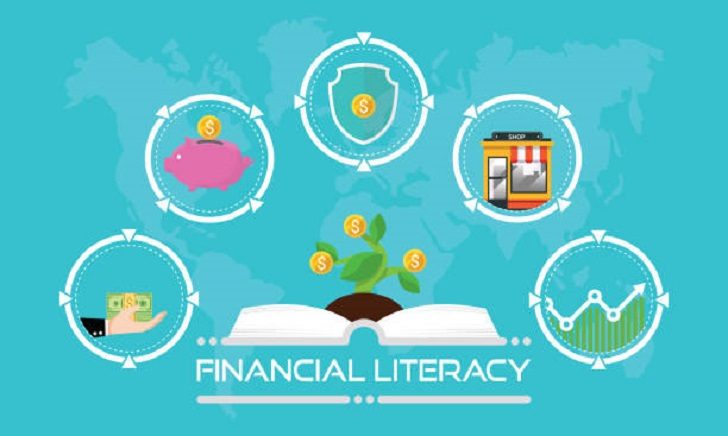Financial literacy is a valuable skill that can empower individuals to make informed decisions, manage their money effectively, and work towards their financial goals. If you’re looking to enhance your financial literacy, here are some practical steps you can take:
Read Books and Educational Materials
Start by reading books, articles, and blogs on personal finance. Look for reputable sources that cover various topics such as budgeting, investing, debt management, and retirement planning. Seek out authors who specialize in finance and aim to broaden your understanding of different financial concepts.
Tap Into Digital Learning Platforms
The internet provides a wealth of financial resources at your fingertips. Take advantage of online platforms that offer financial courses, tutorials, and educational videos. Websites like Investopedia, Khan Academy, and Coursera provide free or low-cost courses on personal finance and investing. These platforms can help you grasp complex financial concepts in an accessible way.

Foxeel/ iStockPhoto | Lack of financial literacy hinders one’s ability to make informed money-related decisions
Attend Financial Workshops or Seminars
Look for local financial workshops or seminars that cover topics relevant to your financial goals. These events often feature industry experts who share their knowledge and insights. Participating in interactive sessions can deepen your understanding of financial concepts and allow you to ask specific questions related to your circumstances.
Learn On the Go
Podcasts have gained popularity as a convenient way to consume educational content. There are numerous podcasts dedicated to personal finance and money management. Find podcasts hosted by financial experts or reputable organizations and listen to episodes that cover topics aligned with your interests and goals. Podcasts provide insights, tips, and real-life examples that can enhance your financial literacy.
Follow Financial Blogs and News
Subscribe to financial blogs and newsletters to stay updated on the latest trends, news, and developments in the financial world. Following trusted sources can help you understand market dynamics, economic factors, and financial strategies. Regularly reading financial news will keep you informed and help you make more informed financial decisions.
Engage in Online Financial Communities
Join online forums, communities, or social media groups that focus on personal finance discussions. Engaging with others who share similar financial goals can provide valuable insights and perspectives. Participate in discussions, ask questions, and learn from the experiences of others. Collaborative learning can enhance your financial literacy and broaden your knowledge base.

Mathieu Stern/ Unsplash | Seeking Financial Education can truly impact one’s life for the better
Consult with Financial Professionals
Consider consulting with financial professionals such as financial advisors, planners, or accountants. These experts can provide personalized guidance based on your specific financial situation and goals. They can help you develop comprehensive financial plans, offer investment recommendations, and provide insights on tax strategies. Their expertise can supplement your financial knowledge and ensure you make informed decisions.
Practice Hands-On Financial Management
Apply your financial knowledge by taking an active role in managing your finances. Create a budget, track your expenses, and review your financial statements regularly. Utilize financial apps or tools to monitor your progress and set financial goals. By actively managing your finances, you will gain practical experience and reinforce your understanding of financial concepts.
Share Your Knowledge
One of the most effective ways to solidify your understanding of financial concepts is to teach others. Offer to educate family members, friends, or colleagues on basic personal finance principles. By explaining financial concepts to others, you reinforce your own understanding and learn to communicate complex ideas in simpler terms. Teaching can also provide a sense of fulfillment as you empower others to improve their financial literacy.

Rupixen/ Unsplash | Early life money-saving fosters a secure retirement, ensuring peace of mind in later years
Reflect on Your Financial Decisions:
Take the time to reflect on your past financial decisions, both good and bad. Analyze the outcomes and identify any patterns or recurring mistakes. Learning from your past financial experiences will help you avoid making the same errors in the future. Use these reflections as opportunities for growth and improvement.
Develop a Long-Term Financial Plan:
Create a comprehensive long-term financial plan that aligns with your life goals. Identify specific objectives such as buying a home, saving for retirement, or starting a business. Break down these goals into actionable steps and establish timelines for achieving them. A well-defined financial plan will serve as a roadmap for your financial journey and keep you focused on your objectives.
Remember, increasing your financial literacy is a continuous process. Make a commitment to lifelong learning and stay open to new information and perspectives. With consistent effort and a proactive approach, you can enhance your financial literacy and make more informed financial decisions that align with your goals.












